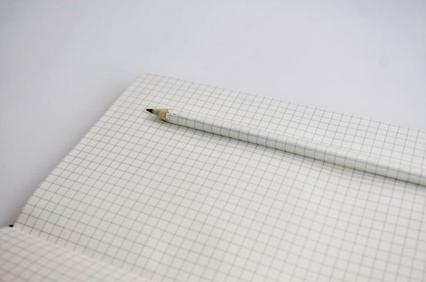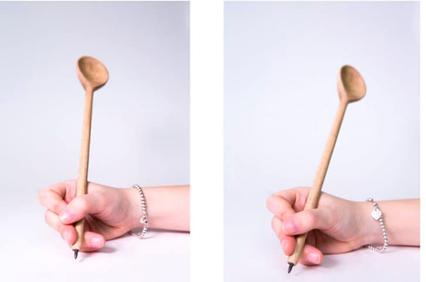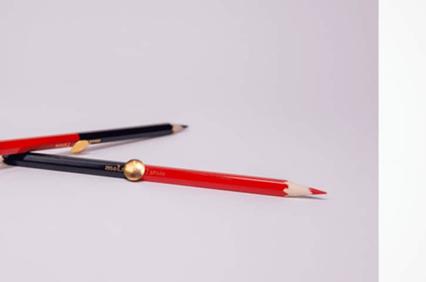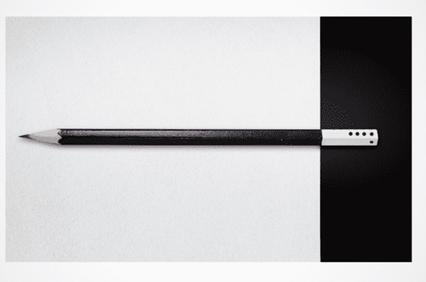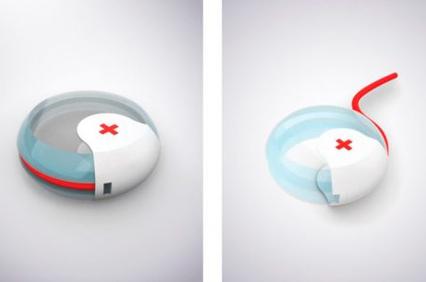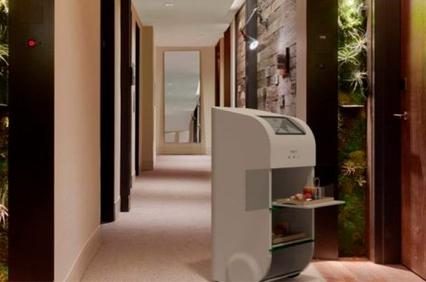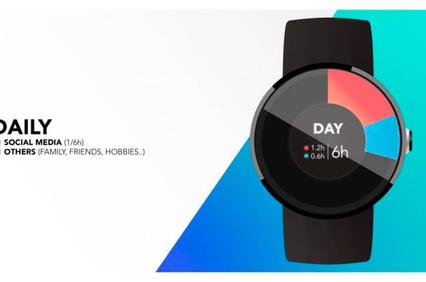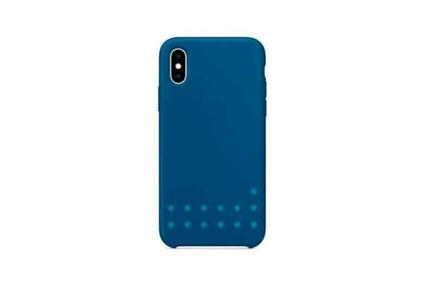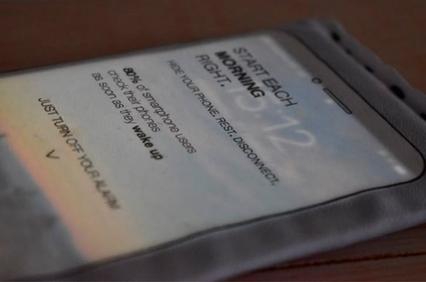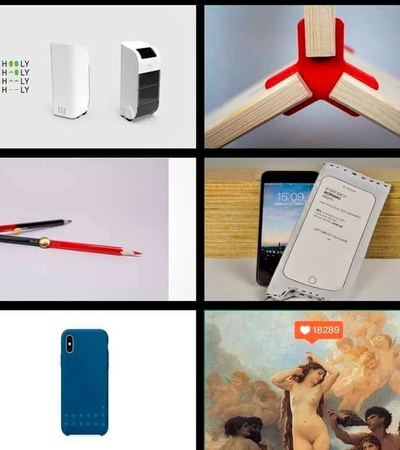
This is a course through which students have been working on four projects: 1 Pencil 1 Character, Offline and Alive, My Postman is a Robot and Hybrid. Through the projects, the students have learned disciplines such as Design through behaviour, critical design, problem-solving and design to explore. An overview of some of the many ways to approach design.
1 PENCIL 1 CHARACTER
1 PENCIL 1 CHARACTER
An object and a quirk. Using human behaviors as a starting point, students had to design the perfect pencil for a specific personas, such as “the loser”, “the gambler,” or “the superstitious one.” These personas were created after a research phase that involved keyword searches and customer journey maps. After compiling the central character attributes for their personas, they were tasked with taking a simple wooden pencil and designing it to match the persona, while making the least amount of changes possible.
TÍMIDO
This group of students opted to create a pencil designed for shy people. Deciding that timid people tend to want to blend in as much as possible, they designed a slim, white pencil that would be camouflaged against white paper, as well as a version that would blend in with grid paper.
THE CULINARIAN
This pencil’s design sought to reflect a chef's needs in the kitchen, while considering the most important aspects of flexibility and functionality. The students combined the wooden spoon—a staple in every kitchen due to its versatility—and a pencil, which allows chefs to write down recipes, ingredients, etc.
ROULETTE-PENCIL
This team chose to embody the tendency to gamble in the form of a pencil. The first model was a “roulette-pencil,” which you could spin to reveal many different combinations.
DICE-PENCIL
This team chose to embody the tendency to gamble in the form of a pencil. The second model was a six-sided “dice-pencil,” which you could roll and gamble with the odds.
MY POSTMAN IS A ROBOT
MY POSTMAN IS A ROBOT
E-commerce sales are expected to grow from 2.3 trillion USD in 2017 to 4.88 trillion in 2021. As the number of packages delivered to our doors increases, we need new ways to respond to this demand. Companies such as Amazon and Tesco are already developing and testing self-driving delivery robots. This project is about designing the perfect delivery robot. Each of the proposals focuses on specific contexts and needs to design both the robot and the system. The project will explore a new way of delivering goods.
QUINO
“Quino” the snake-bot is a cutting-edge rehydration system to aid and rescue earthquake victims. This snake-bot will be able to move through rubble and other obstacles to reach earthquake victims. Quino will then deliver a rehydration solution through a straw that pops out of the capsule within the robot’s modules.
HOOLY
This project involved designing a delivery robot within a specific context, while also taking the system, its safety, and how it interacts with humans into account. The students focused on designing a robot to be used in mid-range hotels. In order to better design and understand the features of the robot, they decided to concentrate on the Holiday Inn Express hotel chain. HOOLY is an autonomous service robot that adheres to the Holiday Inn Express brand, ensuring that guests’ needs are addressed at all times.
OFFLINE AND ALIVE
OFFLINE AND ALIVE
This challenge was more about raising questions than giving answers. Do social networks and hyperconnectivity contribute to social isolation and discourage real interactions? Are we doing things for the experience itself or for the Instagram picture? Are we addicted to social media? These projects encourage us to spend time offline and reflect on these questions.
ANTI-SOCIAL MEDIA WRIST WATCH
This design aims to raise awareness about social media addiction. Social media plays an important role in our daily routines, but at a great cost in terms of time. This wristwatch subtracts the time spent on social media from the user’s overall free time, helping them realize how time is slipping through their fingers.
SOCIAL MEDIA PHONE CASE
This project is meant to reflect society's current relationship with social media. Rather than designing something to punish or prohibit the behavior, this student decided to simply focus on self-awareness. The product is a phone case that shows how much time you spend on social media. For every ten minutes you spend on a social network, a new dot will light up. Since everyone carries their phone around with them, your phone will act as a constant reminder of the time you spend on social media.
THE PHONE ENVELOPE
This project sought to draw attention to the negative usage of social media. The student decided to focus on how social media and the use of mobile phones in the morning can affect an individual’s mood and mental health throughout the day. To address this issue, the student created “The Phone Envelope.” The user puts their phone in the envelope at night. In the morning, they can interact with the phone without displaying the social media notifications which negatively affect your behavior.
